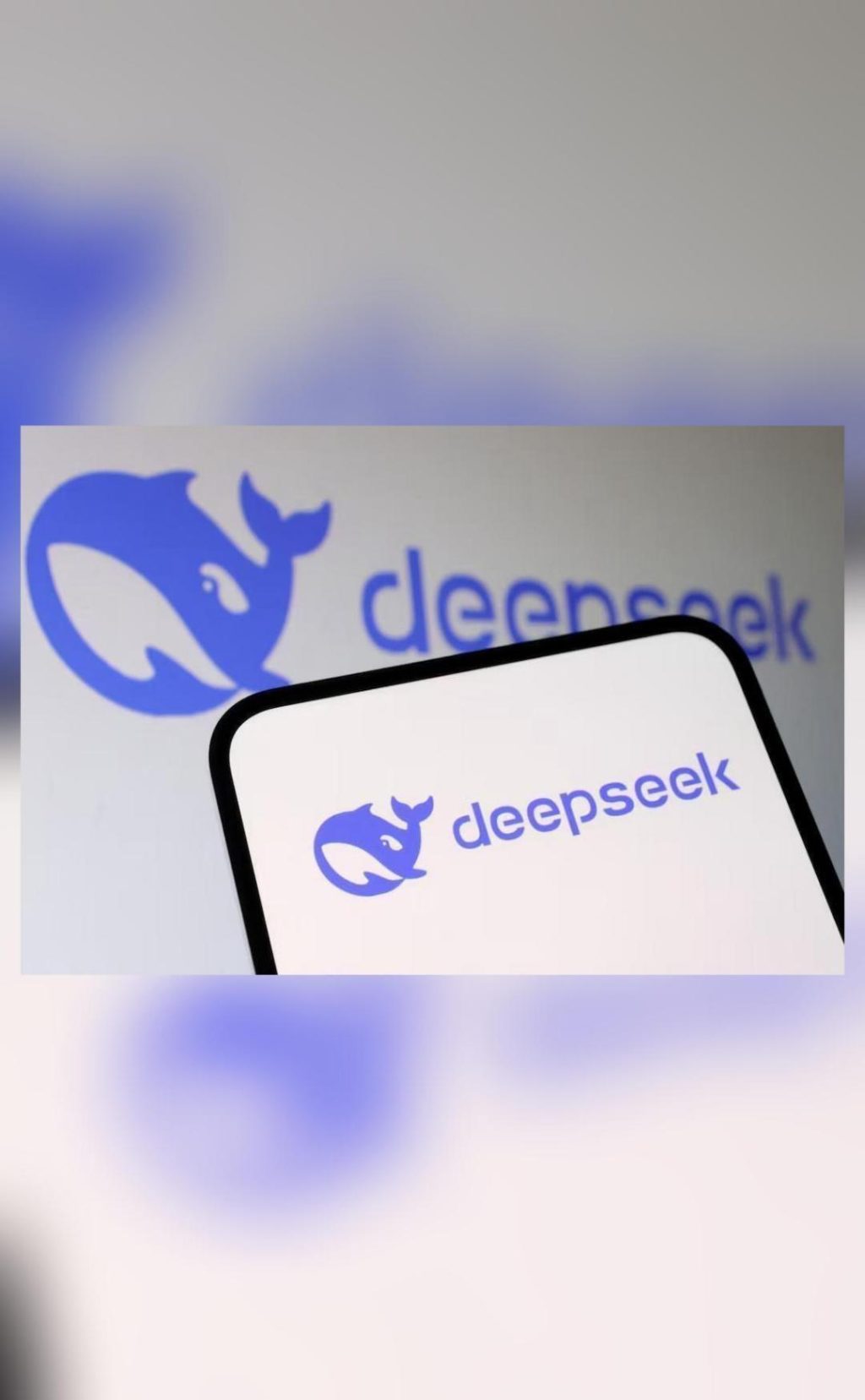
Delhi High Court Rejects Early Hearing on Plea Over DeepSeek Ban
In a recent development, the Delhi High Court has refused to grant an early hearing on a plea seeking to block access to Chinese AI startup DeepSeek in all forms in India. The plea was filed by an anonymous petitioner, who claimed that the platform was harmful to the country’s security and economy.
The Delhi High Court’s decision came as a setback to the petitioner, who had sought an early hearing on the plea, citing the urgency of the matter. However, the court rejected the request, stating that there was no ground for an early hearing.
According to reports, the court observed that similar platforms have been available in India for a long time and that the petitioner had not provided any new information that would warrant an early hearing. The court further stated that if the platform is indeed harmful, then users should not use it.
The plea, which was filed in July, sought to block access to DeepSeek in all forms in India, including its website, mobile app, and any other platform. The petitioner claimed that the platform was a threat to India’s national security and economy, and that it had the potential to compromise sensitive information.
DeepSeek is a Chinese AI-powered search engine that allows users to search for information on the internet using natural language. The platform has gained popularity in recent times, particularly among Indian users who are looking for alternative search engines to Google.
However, the plea filed by the anonymous petitioner claimed that DeepSeek was a threat to India’s security and economy. The petitioner alleged that the platform was collecting sensitive information from Indian users and that it had the potential to compromise national security.
The plea also claimed that DeepSeek was promoting Chinese propaganda and misinformation, which was harming India’s reputation and economy. The petitioner sought an interim order from the court, directing the government to block access to DeepSeek in all forms in India.
In rejecting the plea, the Delhi High Court observed that the petitioner had not provided any new information that would warrant an early hearing. The court also noted that similar platforms have been available in India for a long time and that there was no ground for an early hearing.
The court’s decision is seen as a setback to the petitioner, who had sought to block access to DeepSeek in all forms in India. The decision is also seen as a victory for DeepSeek, which has gained popularity in recent times, particularly among Indian users who are looking for alternative search engines to Google.
The controversy surrounding DeepSeek highlights the growing tensions between India and China, particularly in the field of technology. The Chinese government has been accused of using technology to spy on other countries and to promote its own propaganda and misinformation.
The Indian government has been taking steps to counter the Chinese threat, including banning Chinese apps and blocking access to Chinese websites. The government has also been promoting Indian technology companies, including search engines like Google, to reduce its dependence on Chinese technology.
In conclusion, the Delhi High Court’s decision to reject the plea seeking to block access to DeepSeek is a significant development in the ongoing controversy surrounding the Chinese AI startup. The decision highlights the importance of promoting Indian technology companies and reducing the country’s dependence on Chinese technology.
As the controversy surrounding DeepSeek continues to unfold, it is clear that the Indian government will need to take a closer look at the platform’s activities and ensure that it is not compromising national security and economy. The government may also need to take steps to promote Indian search engines and reduce the country’s dependence on Chinese technology.
Sources:






